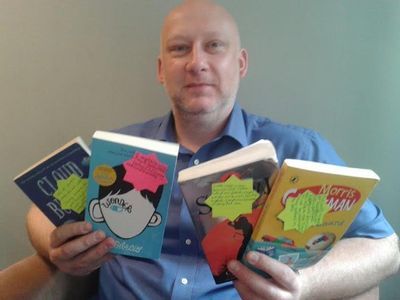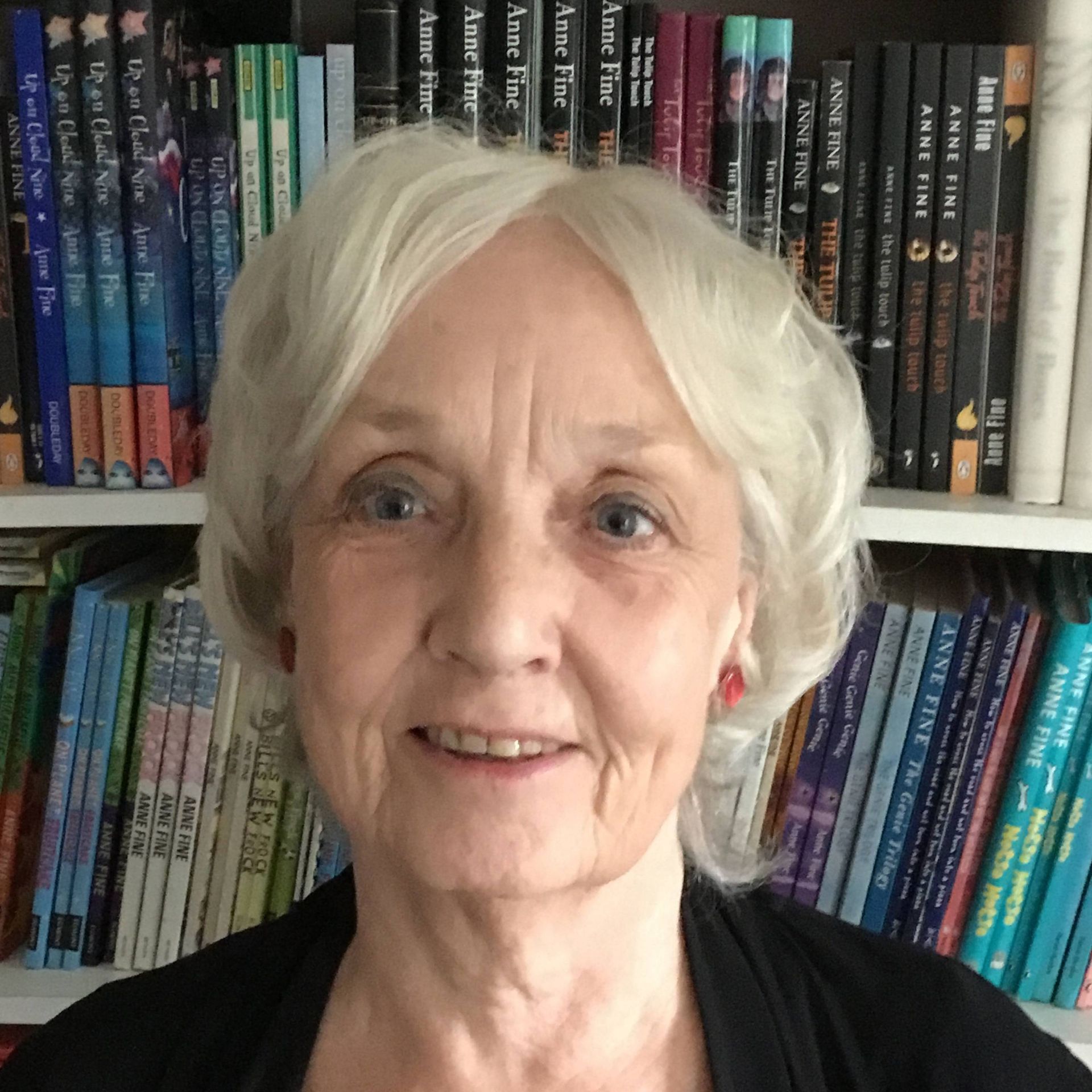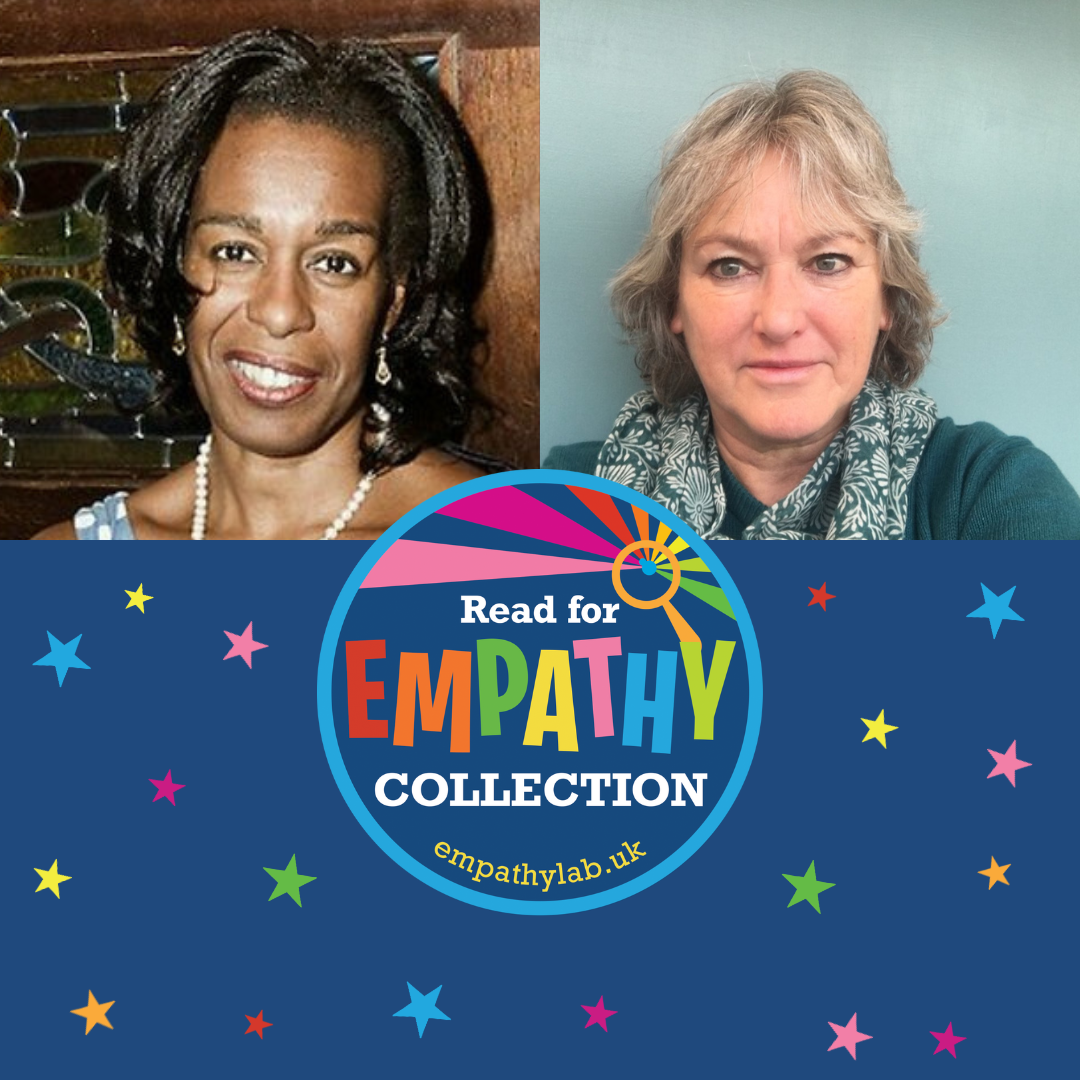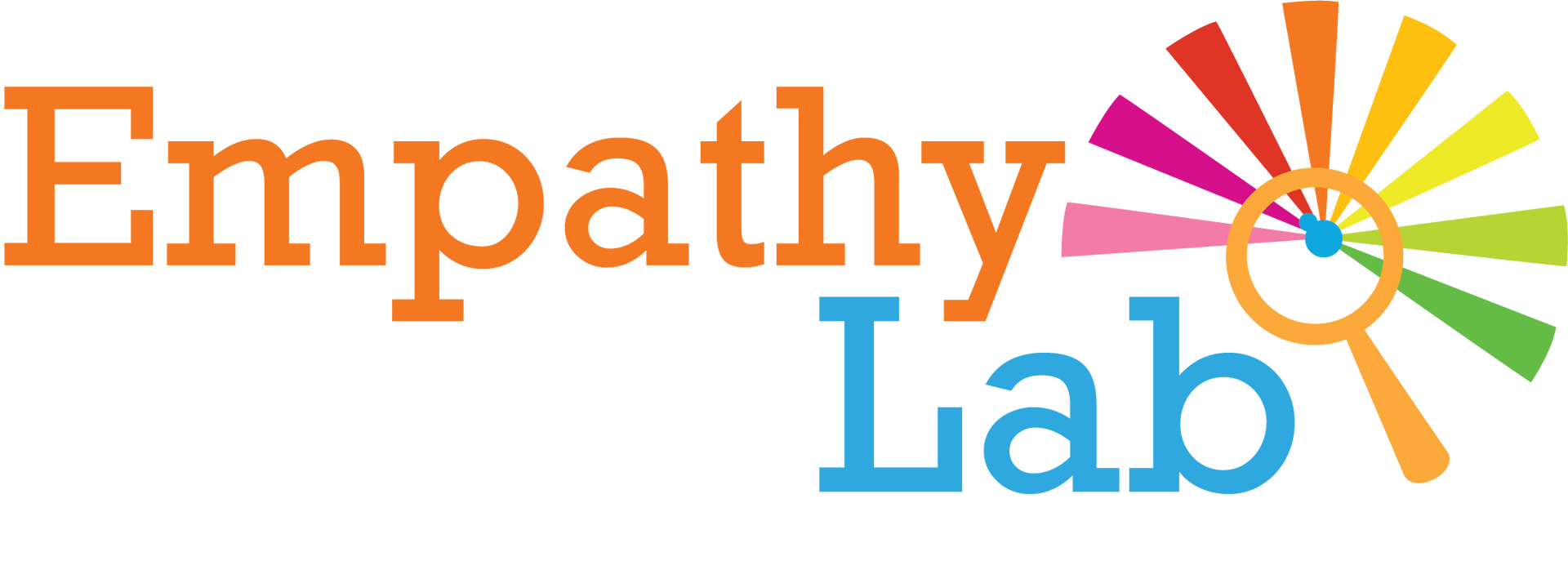In schools, empathy is a powerful form of activism
- By EmpathyLab
- •
- 19 Oct, 2022
- •
Jon Biddle, a primary school teacher, shares his experiences of the transformative power of empathy, and his school's plans for Empathy Action Month in November

Every day, our pupils at Moorlands Primary display empathy to their peers. Only last week, we were reading High Rise Mystery by Sharna Jackson together as a class and we’d reached the point in the book where we were making our predictions about the identity of the murderer. One of our pupils, who has severe special needs and really poor attendance due to chronic ill health, wanted to share his suggestion. After racking his brain, he announced that the murderer was Varjak Paw, who, as I’m sure you all know, is a talking cat with martial arts skills from a completely different book. Rather than laugh or snigger, the children all understood the situation and several of them praised him and told him what a fantastic suggestion it was. Instead of feeling ridiculed, he felt proud that he’d been able to contribute something to the discussion.
I could give more examples, that of the child walking around the playground to try and find a few dropped coins because he wanted to help his mum buy food for his family, that of the pupil quietly giving her breaktime snack to one of her friends because she knew she hadn’t had any breakfast again, there are so many stories I could share about how our pupils display empathy towards others.
Schoolchildren are currently facing a whole range of crises at school and at home. The most pressing and most visible of these is the cost of living crisis, but they’re also dealing with the aftermath of Covid, the pressure of social media, the impact of climate change and the increasingly stressful education system. This is where teaching them about empathy can have a massive impact and why the work of Empathy Lab is so essential.
As teachers, we know that if we teach them about empathy, through stories, through books, through reading, it will develop their empathy skills, and it will encourage them to put those skills into action
By learning about empathy, they understand that they’re not alone, they understand that other people are going through the same situation, feeling the same emotions, dealing with the same problems. They know they can help each other, support their families and actually have an impact. That’s why, although things do appear bleak at the moment, I’m filled with hope that the next generation will make a difference, will make things better. They increasingly understand that social action works.
Every time I talk about Empathy Lab, I try and emphasise the difference their work has made in my school, Moorlands. The Empathy Resolutions our pupils and staff wrote on Empathy Day in June are being reviewed during Empathy Action Month. I already know that the child whose resolution was to spend less time on her phone and more time talking to her mum has done it, because her mum told me, ironically via a message she sent on her phone. I know that the child who wanted to share his love of reading has done it because he still goes down to the nursery every week to read them stories. I can’t wait to hear how the other pupils have got on during our Empathy assembly, alongside watching some of the videos from the amazing authors that Empathy Lab have got lined up.
Children learn a lot during their time at school but learning about empathy and how to put it into action will transform their lives as well as the lives of their peers, their families, in fact everyone they ever meet. Just think about the impact that a whole generation of empathy-aware children could have.
Jon is a senior teacher at & English lead at Moorlands Primary School in Norfolk. He has a passion for developing genuine reading cultures, and is on the judging panel for EmpathyLab's annual Read For Empathy Collection. He is the 2018 winner of the Egmont Reading for Pleasure Experienced teacher award and coordinates the national Patron of Reading initiative, which supports authors and poets in developing relationships with schools. Jon is a member of the UKLA National Council, a regular contributor to the Open University Reading For Pleasure website and a reviewer for Books for Keeps and Just Imagine Story Centre.
In his spare time, Jon writes a blog on building reading communities in schools and talks about books at every possible opportunity.

Why has the sheer importance of empathy come to the fore in recent years? Why do we care so much about a concept that had seemed to be left to itself for so long?
Perhaps because there has been so much change and upheaval for our young people in recent years, leaving so many isolated from what we might term ‘real’ contact with others. Lockdown was for many a disaster. The proliferation of phones hasn’t helped. Financially stretched families are often starved of time that can be spent in casual, easy, contact with one another.
So gaining an understanding of others from fiction has become more and more important. Children have always learned from the books and stories they are offered. From the fairy tales, children who lived in an elemental world without luxuries or social safety nets learned the virtues that were so necessary back then to survival: courage, resourcefulness, endurance, quick wits, kindness to strangers.
Our own young people live more tightly under separate roofs, and we have seen the language of books change accordingly - to Mum, the babysitter, playgroup, park, baby sister, Dad’s girlfriend, the bully, happy, worried, sad. It’s the language of relationships and emotions now, and understanding and compassion liberate. They have become the twenty-first century equivalent of Hansel and Gretel’s pebbles gleaming in the moonlight to show the way out of the dark forest.
Frank Flanagan once said good writers “structure, explain and evaluate the experience of childhood and empower the child to come to terms with it. They enable the child to lead a full life."
How? Partly by quite unconsciously increasing self-knowledge and self-awareness. A young reader can’t help but see characters in books unconsciously as if in a mirror. "I'm not like that." "I worry about that too." "I would have been braver”, “slower to catch on”, “tempted to be more mean”. And when this sense comes of no longer being the only one in the world to have this problem, or to feel that way, the child not only comes to realise that they are not alone, but also to gather insights into how other people deal with the same worries or tackle the same problems. In short, they learn, vicariously, how other people tick.
We have so many young people who, it seems, sometimes as a result of their upbringing, often simply by nature, have somehow failed to acquire the tools to begin to think about their own situation. Through fiction they can often begin, safely, to explore the more subtle aspects of life around them - an insight into someone else's life. A child can share desk space with someone else all year and yet learn less about them than about a character in one short book that’s read to them at night. I try to show this in my novel On the Wall , where, over the school year, Finley’s quite exceptional gift for tranquillity and self-acceptance in an anxiety-inducing world causes one fellow pupil after another to look more deeply into themselves, and learn how to rebalance their own way of thinking to become, in the process, calmer, happier, or more accepting.
We all want, for our young people, peace of mind. An excellent start is to explore Lauren Child's wonderful 'Staring into Space' project: https://staringintospace.me/
Then, steep them in fiction. And where better to find the
best than at the EmpathyLab itself?
You can purchase Anne's book, On the Wall,
here

The collection consists of 65 books for 3-16 year olds, each chosen for its unique contribution in building young people’s empathy.
The primary collection for 3-11 year has 40 books; the secondary collection features 25 books for 12-16 year olds.

